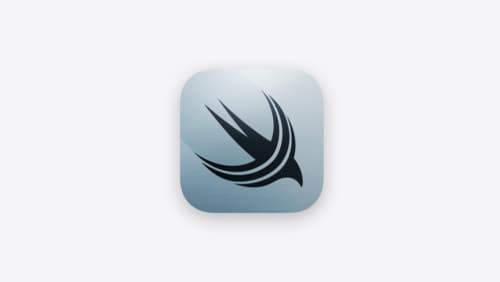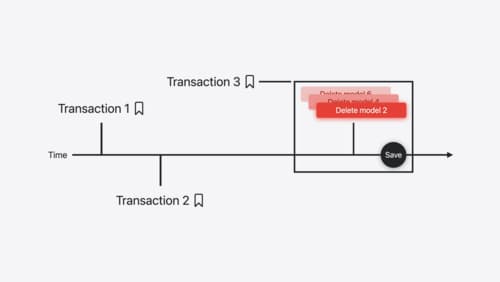what are WWDC sessions about Core Data
Asked on 2024-08-07
1 search
Here are the WWDC sessions related to Core Data, specifically focusing on SwiftData, which is a modern framework that builds on Core Data's capabilities:
-
- Chapters:
- Introduction
- Adopt SwiftData
- Customize the schema
- Unique macro
- History API
- Tailor a model container
- Custom data stores
- Xcode previews
- Customize queries
- Expression macro
- Index macro
- Chapters:
-
Track model changes with SwiftData history
- Chapters:
- Introduction
- Fundamentals
- Transactions and changes
- Custom stores
- Chapters:
-
Create a custom data store with SwiftData
- Chapters:
- Introduction
- Overview
- Meet DataStore
- Example store
- Chapters:
-
- Chapters:
- Introduction
- Apple Intelligence
- Generative Tools
- Xcode
- Swift Assist
- Swift
- Swift Testing
- SwiftUI
- RealityKit
- iOS
- iPadOS
- watchOS
- macOS
- visionOS
- Native Experiences
- Conclusion
- Chapters:
These sessions cover various aspects of SwiftData, including its new features, how to adopt it, customizing data stores, and tracking model changes. SwiftData builds on Core Data's foundation, providing modern Swift language features and expanded capabilities for data persistence and management.

What’s new in SwiftData
SwiftData makes it easy to add persistence to your app with its expressive, declarative API. Learn about refinements to SwiftData, including compound uniqueness constraints, faster queries with #Index, queries in Xcode previews, and rich predicate expressions. Join us to explore how you can use all of these features to express richer models and improve performance in your app. To discover how to build a custom data store or use the history API in SwiftData, watch “Create a custom data store with SwiftData” and “Track model changes with SwiftData history”.

Platforms State of the Union
Discover the newest advancements on Apple platforms.

Track model changes with SwiftData history
Reveal the history of your model’s changes with SwiftData! Use the history API to understand when data store changes occurred, and learn how to use this information to build features like remote server sync and out-of-process change handing in your app. We’ll also cover how you can build support for the history API into a custom data store.
